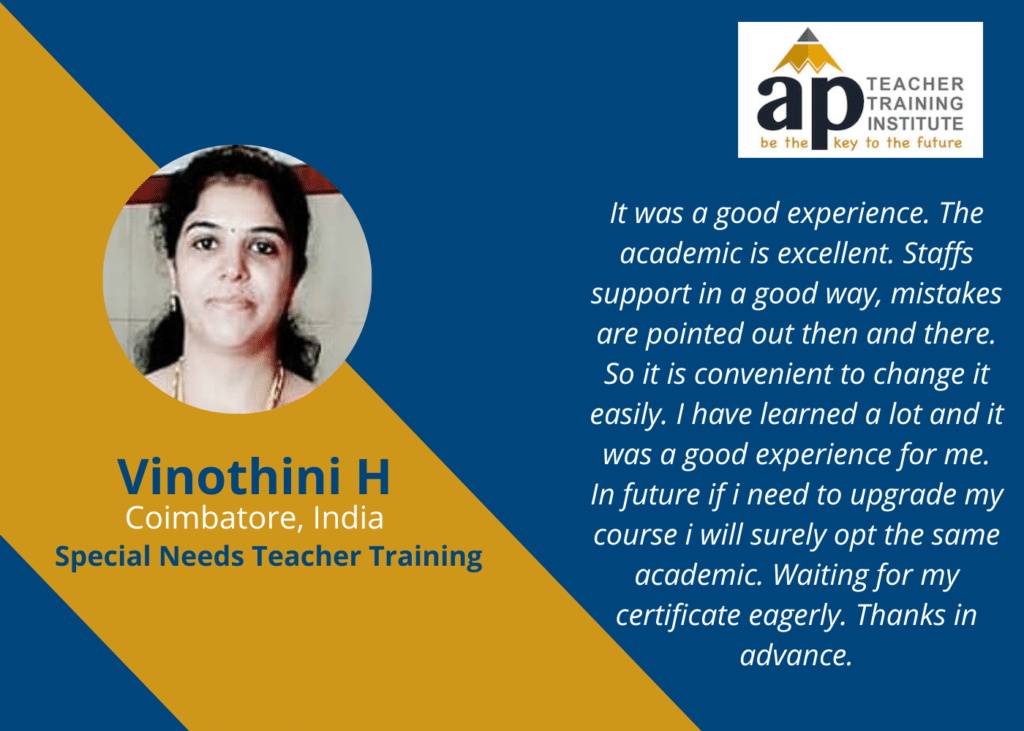Trauma-Informed Teaching: Online Training for Special Education Professionals
In the last several years, special education courses have changed from using traditional teaching methods to using trauma-informed methods that help students grow both emotionally and academically. This new way of doing things gives teachers the tools they need to understand how trauma affects learning and how to respond with empathy, flexibility, and purpose.
What Is Trauma-Informed Teaching?
Teachers learn to see these behaviours as signals of suffering rather than disobedience by taking special needs education courses that focus on trauma-informed care. This encourages healing and growth instead of punishment.
Trauma-informed teaching is a way of teaching that takes into account how trauma affects a child’s growth and learning. Trauma-informed teachers don’t ask, “What’s wrong with this student?” Instead, they ask, “What happened to this student?”

Why Trauma-Informed Teaching Matters in Special Education
Students with disabilities often experience heightened vulnerability to trauma due to communication barriers, dependency on others, or repeated academic failures. Educators who complete special education diplomas with a trauma-informed focus are better equipped to:
- Build emotionally secure classroom environments
- Develop strategies for behavioural regulation
- Create consistent routines that reduce anxiety
- Foster trust and resilience among learners
Trauma-informed teaching is not just about managing behaviour—it’s about nurturing the whole child. When teachers apply trauma-sensitive methods learned through special education courses, students feel seen, supported, and valued.

Benefits of Taking Special Education Courses Online
-
Flexible and Accessible Learning
Online learning has revolutionized teacher development. Educators pursuing special education courses online can study at their own pace, making professional growth more accessible than ever. With recorded sessions, interactive modules, and expert mentorship, these courses suit working teachers and career changers alike.
-
Evidence-Based and Practical
High-quality special needs education courses online are built on proven psychological and pedagogical frameworks. They teach educators how trauma affects brain function, emotional control, and classroom engagement. Learners gain strategies to manage behavioral triggers with empathy and understanding.
-
Real-World Application
Each module in a trauma-informed special education diploma encourages hands-on application—through case studies, classroom reflections, and practical toolkits for emotional regulation and communication.
-
Global Recognition and Career Growth
Professionals completing accredited special education courses can enhance their employability in international schools, inclusive classrooms, and therapy centers. Many graduates also move into advisory or leadership roles in special education and mental health support.

Core Topics Covered in Trauma-Informed Training
Online special education courses typically cover:
- Foundations of Trauma and Resilience – Understanding trauma’s neurological and psychological effects.
- Child Development and Emotional Wellbeing – Exploring how trauma disrupts developmental stages.
- Behavioural Management and Classroom Safety – Establishing consistent, calming routines.
- Culturally Responsive Teaching – Respecting individual differences in trauma responses.
- Collaborative Family Engagement – Partnering with caregivers and counselors for student recovery.
These topics ensure educators can apply trauma-informed strategies immediately, fostering inclusive learning environments for every child.

Who Should Enroll in Trauma-Informed Special Education Courses?
Trauma-informed teaching skills are essential not just for special educators but for anyone involved in the learning process. The following professionals can benefit greatly:
- Special education teachers
- Early childhood educators
- School counsellors and therapists
- Classroom aides and paraprofessionals
- School administrators fostering inclusive cultures
Completing special education courses online enables professionals from diverse backgrounds to strengthen their understanding of trauma and inclusion without disrupting their current careers.

Frequently Asked Questions (FAQ)
Q1. What is the main goal of trauma-informed teaching?
The primary goal is to create emotionally safe learning environments that recognize the effects of trauma and promote healing, trust, and academic success.
Q2. How long does it take to complete a trauma-informed special education diploma?
A special education diploma typically takes between six months and one year, depending on the course structure.
Q3. Can general educators benefit from trauma-informed training?
Absolutely. Trauma-informed practices benefit all teachers by fostering empathy, improving classroom behaviour management, and creating emotionally supportive environments for all students.
Q4. What qualifications are required to join these programs?
Most special needs education courses are open to teachers, caregivers, or professionals passionate about inclusive and trauma-sensitive education.

Empowering Educators Through Inclusion
A meaningful transformation in teaching can be achieved through the completion of special education courses focused on trauma-informed practices. By participating in such programs, educators are equipped with essential understanding, sensitivity, and effective tools to create compassionate, inclusive learning environments.


